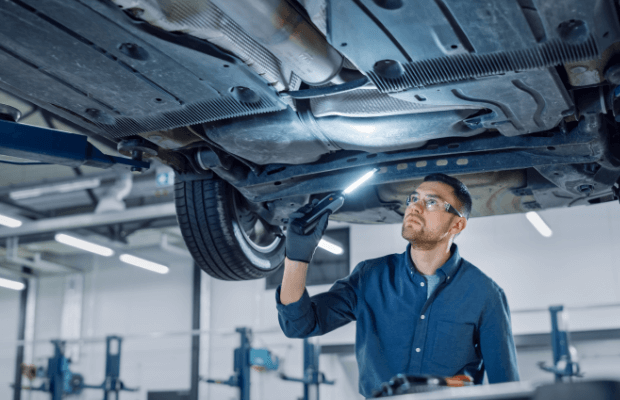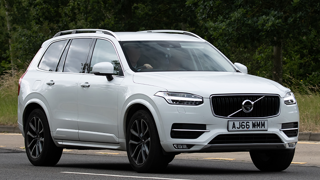Almost half of in-market car buyers lack faith in the approved-used car programmes offered by dealers and manufacturers.
A What Car? study found that 48.5% of car buyers do not believe that cars receive the advertised checks before being handed over to customers.
The same research found 38.6% of buyers do not believe approved-used vehicle are more reliable in the long run compared to normal used models, despite the advertised health checks.
Steve Huntingford, editor of What Car?, said: “Approved-used programmes are often advertised as adding a peace of mind, thanks to extensive vehicle checks which should highlight any issues which can be addressed before handing the car over. Our latest research suggests a significant share of buyers don’t believe the programmes are as rigorous as they advertise themselves to be.
“The fact that one-in-five approved-used buyers have found faults with their previous purchase which they believe the dealer or manufacturers should have picked up suggests the programmes have room for improvement when it comes to customer satisfaction.”
As part of the research, What Car? found 54.4% of the 812 in-market buyers surveyed had previously bought an approved-used model. Of these, 22.2% said they found faults in the vehicle which they believe should have been picked up by the manufacturer or dealer beforehand during the inspections.
Dealers may need to increase their investment in vehicle reconditioning, to ensure older vehicles meet the expected retail standard, according to the Vehicle Remarketing Association.
It says the stock shortages of new cars and vans means buyers are being forced to pay more for older vehicles.
Buyers may find themselves offered vehicles that are potentially more prone to breakdown and repair because of their age and will therefore need a high degree of reassurance from a retailer in order to commit to a purchase, says the RAC.



















Login to comment
Comments
No comments have been made yet.